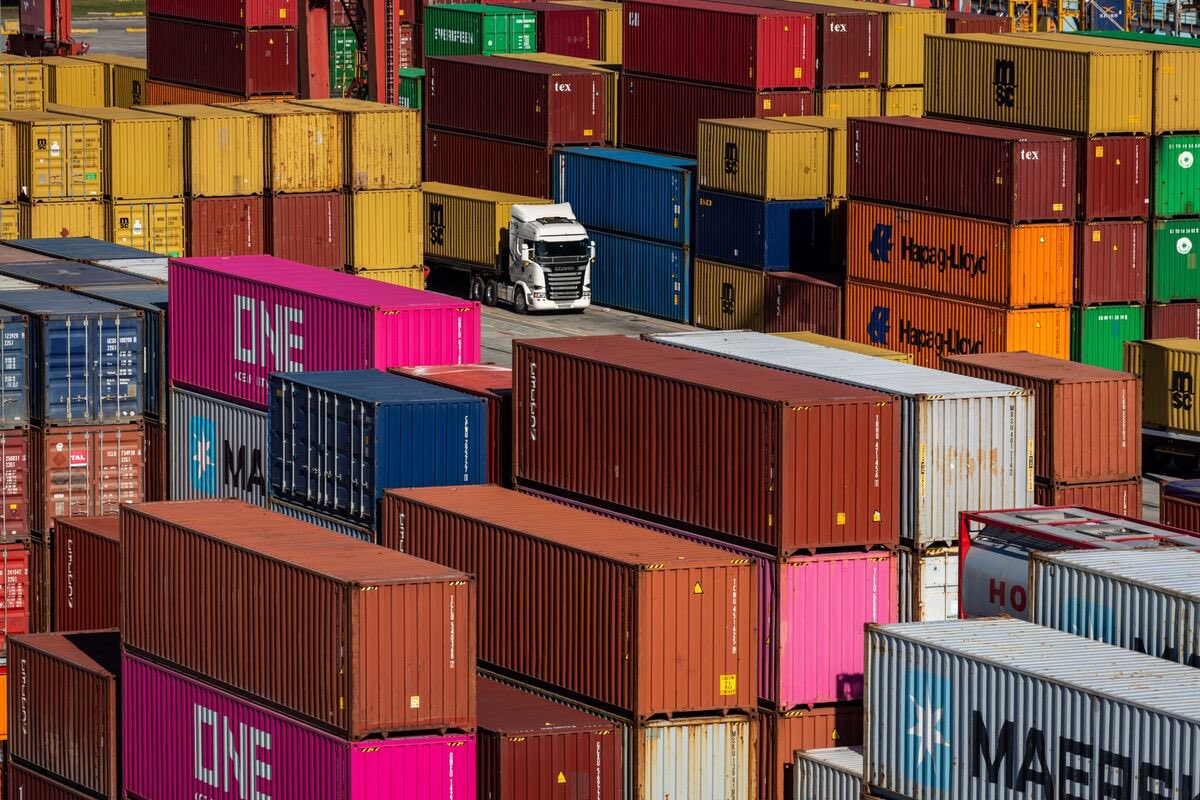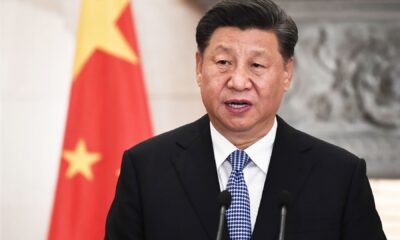Business
Turning a Trade Shock into Strategy: How South Africa is Responding to the US Tariff Hike

How South Africa is navigating Washington’s 30% tariff hike
When the United States slapped a 30% tariff on South African goods on 7 August, the first instinct across the country was anger. Farmers worried about unsold harvests, factory managers braced for cancelled orders, and unions warned of potential job losses. Social media was ablaze with outrage, with one post on X summing up the sentiment: “How do we compete with the world’s biggest economy when they close the door on us?”
But instead of trading fury for fury, Pretoria has opted for something harder: discipline. Within days, Cabinet signed off on a five-pillar response plan designed not just to survive the shock, but to use it as a push to rethink South Africa’s export strategy.
1. Talk, Don’t Shout
Rather than escalate, government has doubled down on negotiation. A revised trade offer is already on Washington’s desk, addressing technical complaints flagged in the US Trade Representative’s 2025 report.
Some of the progress is tangible. South Africa has finalised agreements on poultry, pork, and blueberries, with shipments expected through New Orleans, Savannah, and Norfolk ports in the coming weeks. These details matter: as one trade official quipped, “Containers moving do more for confidence than podium statements.”
2. Buy Time, Protect Jobs
Behind the diplomacy lies a safety net for businesses. An Export Support Desk is already assisting companies, while a new Localisation Support Fund and Export and Competitiveness Support Programme promise financing for working capital and equipment.
Unusually, competition authorities are even preparing a block exemption to let exporters coordinate on logistics without breaking the law. It’s a temporary fix, but in a climate of soaring shipping costs, the ability to pool freight space could be the difference between keeping workers employed or cutting shifts.
3. Diversification is No Longer Plan B
For too long, South Africa has leaned too heavily on a handful of export markets. The US, though only about 4% of agricultural exports (R9.8 billion), has grown sharply since 2018—making Washington’s tariff sting harder.
Now, Pretoria is moving fast to widen the net. Talks with China are at an advanced stage, with a deal on stone fruits (apricots, peaches, nectarines, plums, prunes) expected to be signed by September. First consignments could leave packhouses as early as the next harvest season.
Beyond Asia, government is pushing for deeper integration under the African Continental Free Trade Area (AfCFTA), while maintaining ties with the EU and Gulf markets. As one analyst noted, “Diversification isn’t about bragging rights. It’s risk management. The more baskets you have, the less one broken handle ruins the whole harvest.”
4. Defend, But Play Fair
With tariffs disrupting normal trade flows, there’s a real risk of dumped goods flooding South Africa at cut-rate prices. Pretoria has pledged to use WTO-compliant tools like anti-dumping and safeguard measures to protect local producers.
This isn’t protectionism, but pragmatism. The goal is to keep factories and farms running while new markets open up, so when demand shifts, capacity is still intact.
5. Strengthen Local Demand
Finally, Pretoria is betting on its own backyard. Platforms like Shop Proudly SA and the Market Access Platform are meant to connect buyers with local suppliers quickly. Big retailers and public entities have been urged to set and publish local procurement targets, a small but important step for keeping smaller firms in business.
For a packhouse in Ceres or a factory in Ekurhuleni, a steady local order book can mean the difference between surviving a quarter or shutting doors.
What Leaders Must Get Right
Business and government insiders agree on three priorities for the months ahead:
-
Radical transparency – Publish a dashboard showing what’s been announced versus what’s actually live. Weekly updates can restore trust.
-
Treat diversification as an investment case – resource labs, inspectors, and trade missions to unlock new protocols with urgency.
-
Use the rules smartly – keep the block exemption narrow, temporary, and transparent, while ensuring trade remedies are ready if dumping surges.
More Than Just Spin
Tariffs at this scale squeeze margins, unsettle contracts, and test leadership. But this time, South Africa’s response feels less like firefighting and more like strategy.
The real proof won’t come in speeches, but in containers shipped, jobs retained, and markets opened. If the revised offer is acknowledged in Washington, China signs off on stone fruits, and US meat shipments land in local ports in the next few weeks, optimism will be more than wishful thinking, it will be strategy, in motion.
As one Cape Town exporter put it:
“We didn’t choose this fight, but maybe it’s the push we needed to grow stronger and less dependent.”
{Source: IOL}
Follow Joburg ETC on Facebook, Twitter , TikTok and Instagram
For more News in Johannesburg, visit joburgetc.com


























